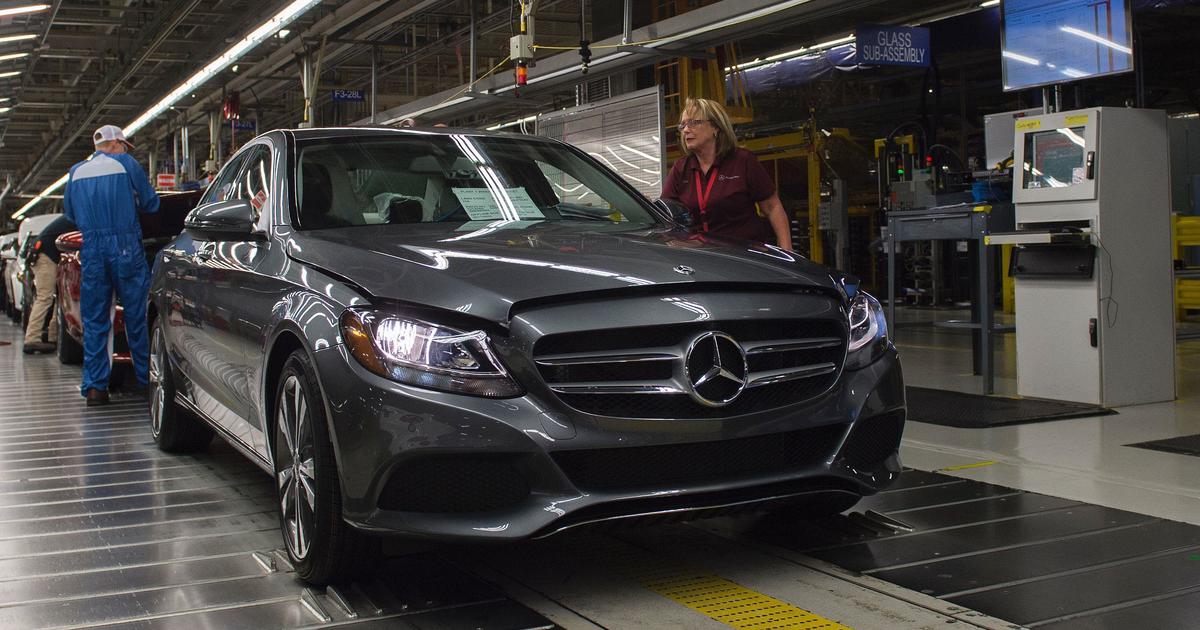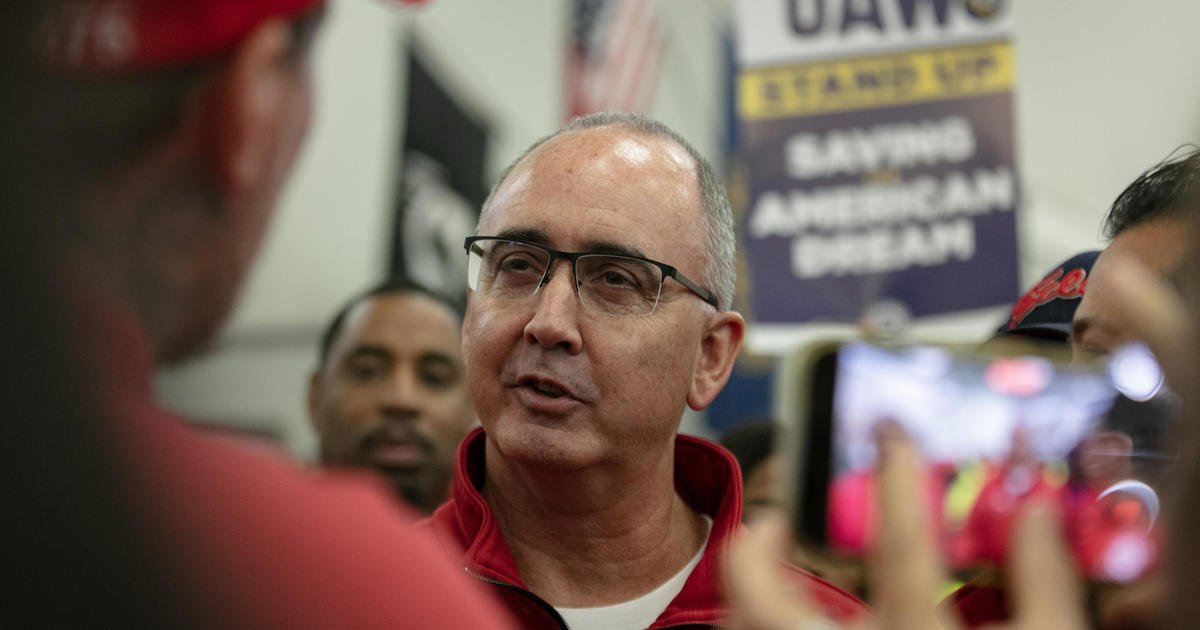Stem Cell Summit: Cure For Paralysis And More?
More news on clinical trials for stem cell cures for some of mankind's most dreaded diseases emerged Tuesday from the World Stem Cell Summit in Detroit.
Thomas Okarma, president and CEO of Menlo Park, Calif.-based Geron Corp., talked about his company's application to inject embryonic neuron stem cells in people paralyzed by spinal cord injury.
Animal tests in more than 2,000 spinal cord-injured rats have shown the stem cells don't cause tumors or increases in phantom pain, and aren't rejected by the immune system -- and they work to rebuild spinal tissues.
The most amusing slide in Okarma's PowerPoint was a tabletop of printed binders -- the company's 22,500-page Investigational New Drug application to the United States Food and Drug Administration to begin human trials.
Okarma said it's the largest IND the FDA has ever received.
"It does speak to the non-sustainability of this process," Okarma said. "A $45 million exercise to enable a safety study for 10 patients is very difficult to execute."
Okarma said Geron is now recruiting and screening its first patients. The Phase 1 trial will test only the safety of the stem cells, not their efficacy. But Okarma said animal tests have shown the cells spare tissues near injury and help injured tissues regenerate, including promoting the growth of new blood supplies.
The cells may also be useful in treating injuries caused by stroke, as well as multiple sclerosis and Alzheimer's disease.
Okarma said he looks for ward ot the day when scalpel and operation are replaced by "a single injection of live cells that permanently restores the structure and function of cells damaged by disease or injury."
And he said all stem cell advances are threatened by those who believe that harvesting stem cells from a blastocyst of five days' gestation -- produced for in-vitro fertilization and destined for the trash -- is equivalent to killing a human being. He advised those attending the conference to put pressure on their legislators to keep embryonic stem cell research legal.
Meanwhile, University of Michigan professor Eva Feldman and her partners at Emory University in Atlanta and Rockville, Md.-based Neuralstem Inc. presented more information on their ongoing clinical trial of treating Lou Gehrig's disease, or ALS, by injecting stem cells into the spine. The company has also started the process asking for FDA permission for a clinical trial to treat spinal cord injury.
"You can think of our product as a new set of wires," said Neuralstem chief scientific officer Karl Johe. "When a wire within our central nervous system breaks, we are trying to mend that broken wire by supplying more wires."
Nicholas Boulis, a neurosurgeon at Emory, described the physical procedures required to inject stem cells into the spine without causing spinal cord injury.
And Jon Glass, director of Emory's ALS center, described why the group chose ALS as a target. It's a horrible disease, killing its victims within an average of three years by destroying nerve tissue, so muscles waste away, eventually killing by wasting the muscles that allow us to breathe -- all while the victim's brain remains perfectly functional. It strikes a fairly small number of people, 30,000 in the United States a year. It strikes adults, with an average onset age of 56.
"We chose ALS because it is a disease of adults, meaning they can make their own choices about participating in the study, it's easy to diagnose, and its sufferers will be dead within a few years," Glass said.
Glass admitted researchers don't know whether the stem cells will work, or whether the new nerve cells will be subject to the same unknown process that causes ALS in the first place. But he said that in animal studies, the stem cells greatly slow the progress of the disease.
The World Stem Cell Summit concludes Wednesday.
(c) 2010, WWJ Newsradio 950. All rights reserved.



